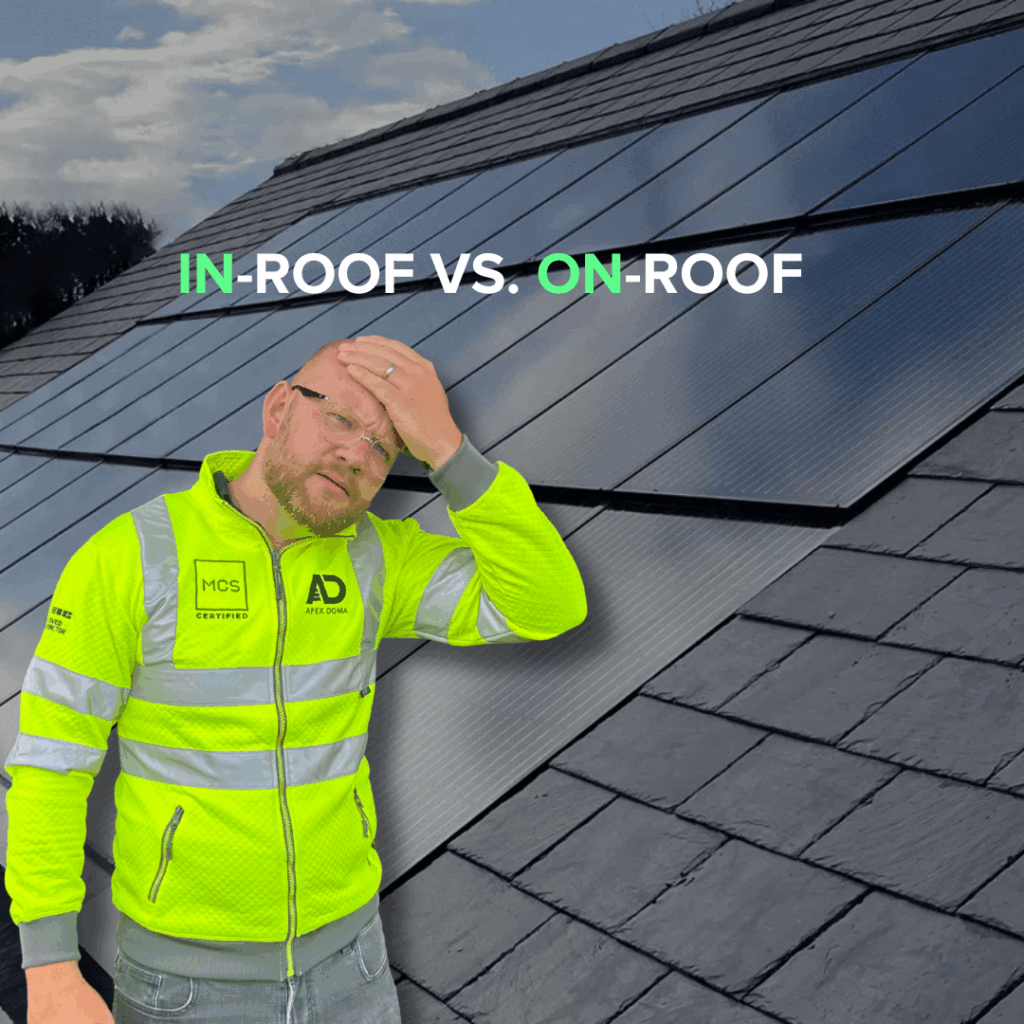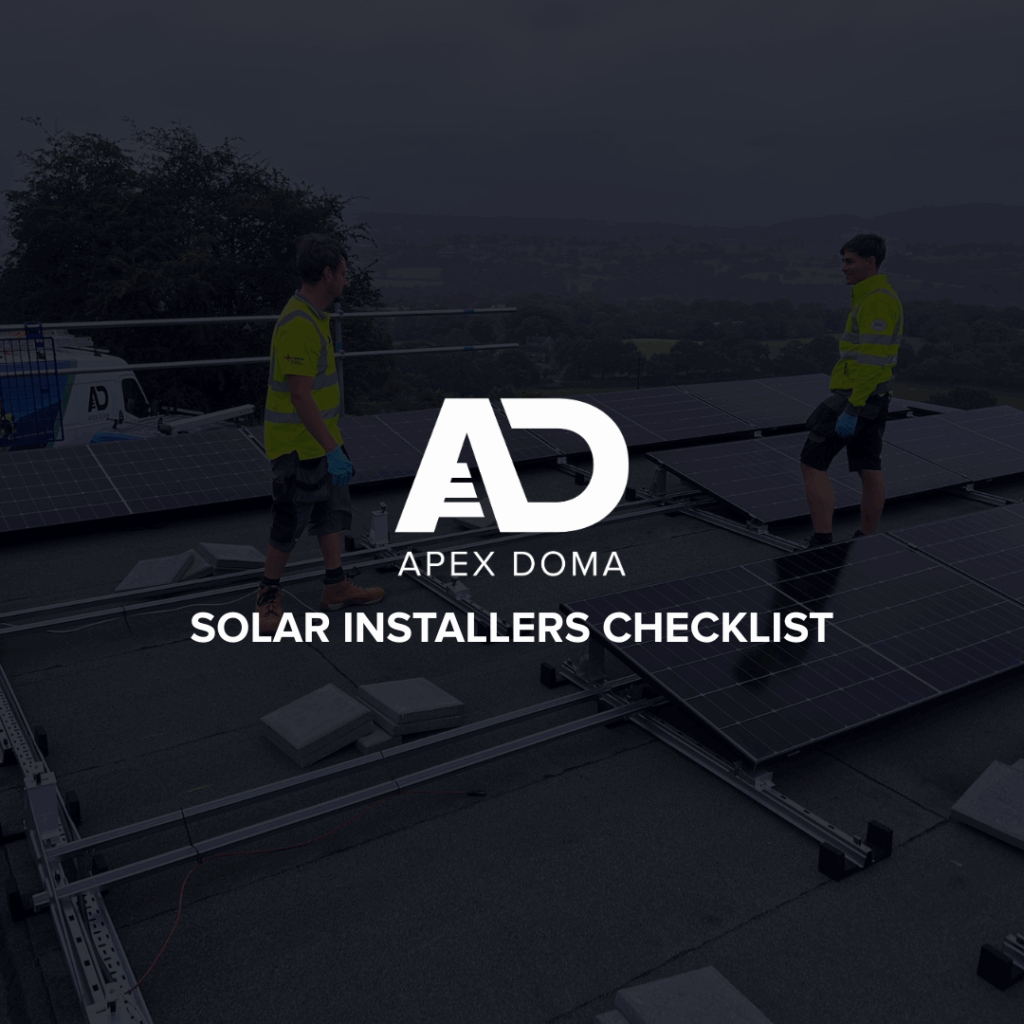If you’re considering solar and battery storage for your home, you’ve probably come across the terms AC coupled and DC coupled batteries. Understanding the difference is essential to choosing the right system, maximising efficiency, and getting the best return on your investment.
In this guide, we’ll break down:
- How AC and DC coupled batteries work
- The key differences between them
- Pros and cons of each option
- Which setup is best for your situation as a UK homeowner
What Does “Coupled” Mean in Battery Storage?
In simple terms, coupling refers to how the battery is connected to your home and solar system via the inverter.
- AC coupled systems convert solar energy to AC electricity first, then charge the battery.
- DC coupled systems store energy directly as DC electricity before converting it to AC for home use.
This impacts efficiency, installation complexity, and compatibility with existing solar setups.
AC Coupled Batteries Explained
How They Work
AC coupled batteries connect after your solar inverter. This means:
- Solar panels generate DC power
- Your solar inverter converts it to AC for home use
- Excess power is converted back to DC to charge the battery
- When needed, the battery output is converted to AC again
This double conversion slightly reduces efficiency but makes AC coupled batteries ideal for retrofits.
Pros of AC Coupled Systems
- Perfect for adding to existing solar systems
- Easier to install and integrate
- Compatible with most inverter brands
- Can provide backup power during outages (with compatible hardware)
Cons of AC Coupled Systems
- Lower efficiency due to multiple conversions
- Slightly higher energy losses over time
- More wiring and hardware required
DC Coupled Batteries Explained
How They Work
DC coupled batteries are connected before the inverter, storing energy directly as DC power:
- Solar panels generate DC power
- Energy is sent straight into the battery
- It’s only converted to AC once for home use
This makes DC coupled systems more efficient, but they’re usually better suited for new solar installs.
Pros of DC Coupled Systems
- Higher overall efficiency
- Fewer energy conversions = less energy loss
- Often cheaper to run long-term
Cons of DC Coupled Systems
- Best suited to new installs – not ideal for retrofits
- More complex to integrate with existing systems
- May limit inverter brand flexibility
AC vs DC Coupled Battery Comparison Table
| Feature | AC Coupled | DC Coupled |
|---|---|---|
| Best for | Existing solar systems (retrofit) | New solar installations |
| Efficiency | Lower (double conversion) | Higher (single conversion) |
| Installation Complexity | Easier | More complex |
| Flexibility | Works with most inverters | Often brand-specific |
| Energy Loss | Slightly higher | Minimal |
| Backup Power Capability | Possible (with hardware) | Possible (with hybrid inverter) |
Which Battery Type Should You Choose?
Your decision depends on your home setup and future plans:
- If you already have solar panels, an AC coupled battery is usually the most straightforward and cost-effective choice.
- If you’re installing a new system and want maximum efficiency, DC coupled is the smarter investment.
For UK homeowners looking to maximise return on investment, consider how often you’ll use stored energy, your feed-in tariff situation, and whether you want future expandability.
Getting started with home batteries
Both AC and DC coupled batteries can help you cut energy bills and increase self-sufficiency, but choosing the right one will save you thousands in the long run.
If you’re unsure which system is best for your home, speak to a trusted, engineer-led installer like Apex Doma. We can assess your property, energy usage, and solar goals to recommend the perfect solution.



